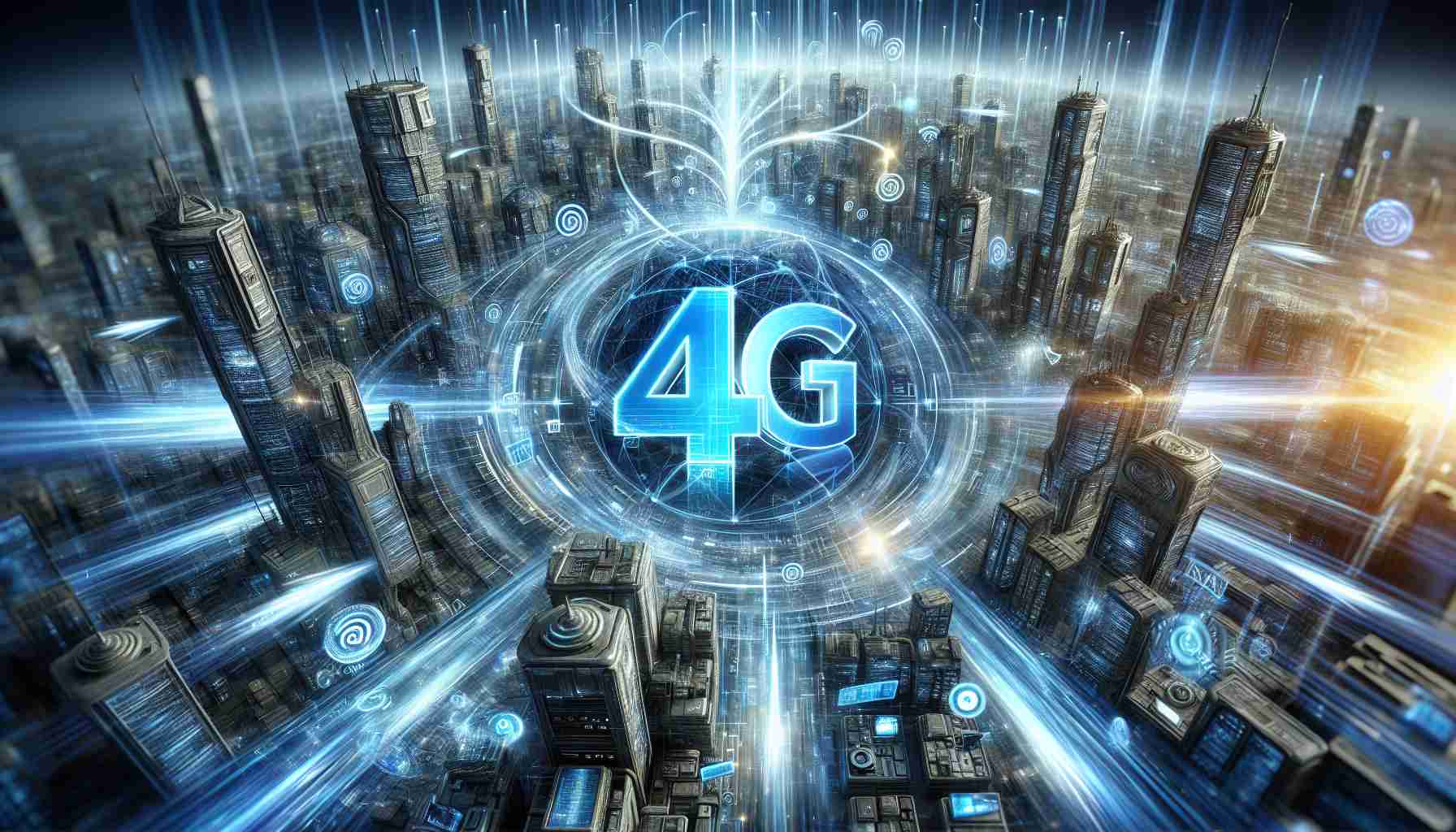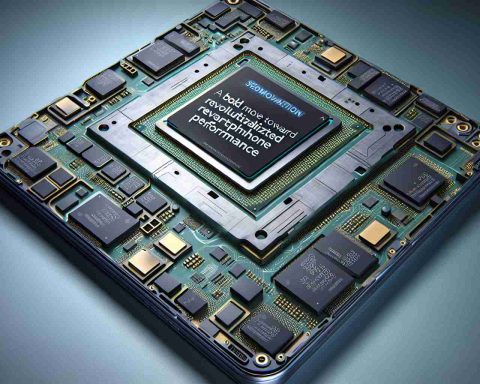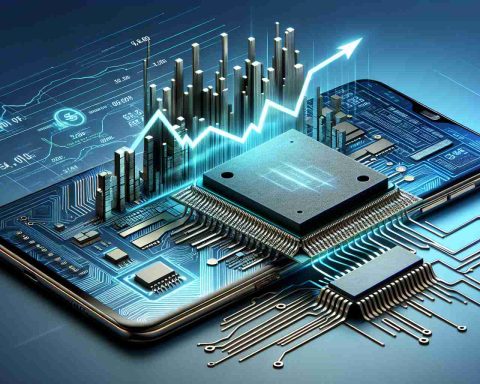Innovative Technology Adoption: As the telecommunications landscape evolves, a wave of change is sweeping across the industry. The transition from 2G to 4G services marks a pivotal moment in connectivity for consumers in Vietnam. The government’s plan to discontinue 2G network services from September 15, 2024, signifies a significant shift towards enhancing digital experiences and optimizing service quality.
Farewell to Legacy Devices: With this transition comes the inevitable farewell to millions of traditional 2G devices that have served their time. However, this shift is not just a mandatory requirement; it also brings forth a multitude of benefits for users. Embracing 4G technology opens doors to high-speed internet experiences, access to modern digital services, and contributes to the growth of the digital economy.
Empowering Users: Recognizing market demands and the need to support customers in adapting to 4G technology, retail giant FPT Shop has introduced a program to assist users in upgrading from old 2G devices to new, feature-rich 4G smartphones. Customers can now benefit from up to 600,000 VND in exchange for their old 2G phones. Moreover, FPT Shop is offering bundled deals on 4G smartphones and FPT 4G SIM cards starting from just 49,000 VND throughout the month of August.
By embracing the era of 4G connectivity, users in Vietnam can unlock a new realm of digital possibilities and seamless connectivity, ensuring a more enriched and efficient online experience.
Unleashing the Power of 4G Connectivity: The advent of 4G technology in Vietnam not only revolutionizes the way people connect but also paves the way for future advancements in telecommunications. With faster data speeds and improved network reliability, 4G opens up a plethora of opportunities for individuals, businesses, and the economy as a whole.
The Promise of 5G on the Horizon: While 4G technology represents a significant leap forward in connectivity, the anticipation for 5G looms on the horizon. The impending rollout of 5G networks promises even faster speeds, lower latency, and enhanced network capacity. The transition to 5G is expected to further transform industries, enable innovative technologies like Internet of Things (IoT) applications, and fuel the growth of smart cities.
Challenges and Controversies: Amidst the excitement surrounding the new era of connectivity, several key questions come to mind. Will the infrastructure in Vietnam be able to support the demands of 4G and future 5G networks? How will rural areas, where connectivity is limited, be brought into the fold of this technological revolution? Additionally, concerns about data privacy and security in an increasingly connected world raise important considerations for users and policymakers alike.
Advantages and Disadvantages: The shift to 4G technology undeniably brings a host of benefits, including faster data speeds, improved digital services, and enhanced user experiences. However, challenges such as network congestion, compatibility issues with older devices, and the digital divide between urban and rural areas may pose obstacles to widespread adoption. Balancing the advantages and disadvantages of 4G technology is crucial in ensuring equitable access and maximizing its potential benefits for all.
By delving into the complexities of 4G technology adoption and looking towards the future with the promise of 5G, Vietnam is embarking on a transformative journey towards a more connected and digitally empowered society.




























